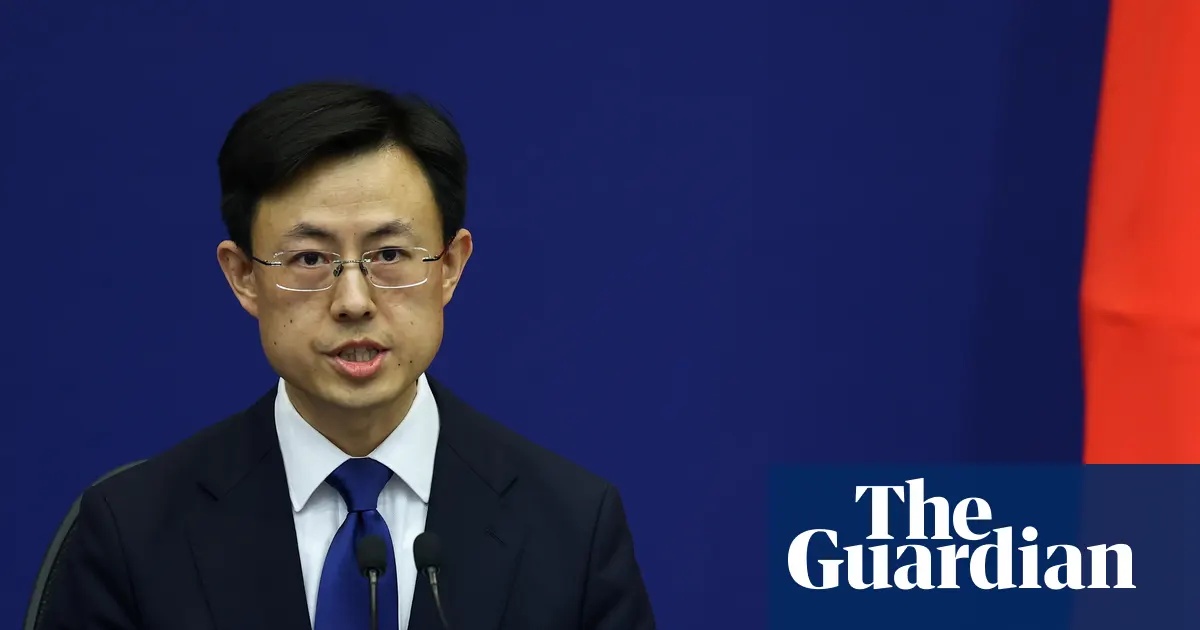
Blocking of U.S. Citizen Sparks Diplomatic Concerns
The U.S. Department of State has confirmed that a federal employee from the U.S. Patent and Trademark Office is currently barred from departing China, marking an unusual escalation in diplomatic tensions. The individual, who was in the country on a personal visit, has been subjected to an exit restriction, a measure typically reserved for criminal investigations or unresolved legal disputes. While the exact reasons for the ban remain undisclosed, U.S. officials have emphasized their commitment to resolving the matter through diplomatic channels. This incident follows a similar case involving Wells Fargo banker Chenyue Mao, who was also detained from leaving China, highlighting the growing complexity of cross-border legal and diplomatic issues.
Exit Bans as a Tool of Diplomatic Leverage
Exit bans, a contentious tool employed by Chinese authorities, have increasingly become a focal point in international relations. These restrictions, which can apply to both Chinese citizens and foreign nationals, are often used to exert pressure in diplomatic disputes or to enforce legal compliance. The case of Chenyue Mao, a naturalized U.S. citizen of Chinese descent, underscores the broader implications of such measures. According to Chinese Foreign Ministry spokesperson Guo Jiakun, Mao’s exit ban is tied to her involvement in a criminal investigation, though details remain scarce. This situation has prompted U.S. companies like Wells Fargo to suspend travel to China, reflecting the far-reaching impact of these restrictions on international business operations.
Historical Context and Legal Precedents
The use of exit bans by Chinese authorities has expanded significantly since Xi Jinping’s tenure, according to a 2023 report by Safeguard Defenders. This tool has been leveraged against activists, journalists, and even family members of individuals under scrutiny, raising concerns about its legal justification. The case of the Liu siblings, who were detained in China for three years without formal charges, exemplifies the potential for abuse. While the U.S. employee’s case remains unclear, the broader pattern suggests that exit bans are increasingly used as a strategic instrument in diplomatic and legal disputes, often with limited transparency.
Implications for International Relations
The detention of U.S. citizens in China has intensified scrutiny of the country’s legal and diplomatic practices. The incident involving the federal employee, whose identity has not been disclosed, adds to growing concerns about the treatment of foreign nationals under Chinese law. Reports indicate that the individual may have failed to disclose their government employment during visa applications, a detail that could complicate diplomatic negotiations. As U.S. officials work to resolve the situation, the case highlights the challenges of navigating complex legal frameworks in cross-border interactions. The broader implications for international relations underscore the need for greater transparency and accountability in the use of such restrictive measures.
Global Reactions and Future Outlook
International observers have criticized the use of exit bans as a tool of diplomatic leverage, arguing that they undermine the principles of due process and diplomatic immunity. The cases of the U.S. federal employee and Chenyue Mao have drawn attention to the need for clearer legal frameworks governing cross-border legal actions. As tensions between the U.S. and China continue to evolve, the resolution of these cases will likely shape future diplomatic strategies. The incident also serves as a reminder of the growing importance of legal and diplomatic safeguards for foreign nationals operating in politically sensitive environments.



